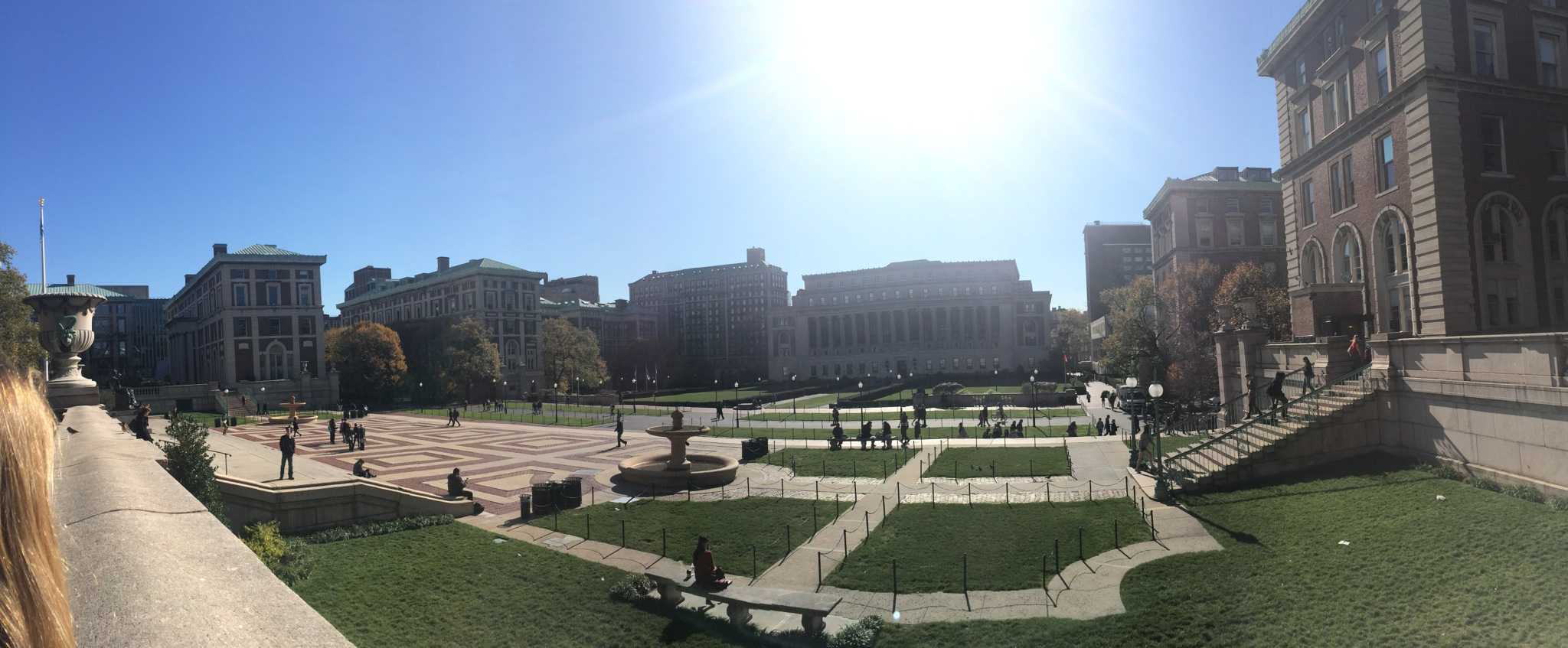The Harsh Reality of Sexual Assault
January 7, 2015
As a sophomore at Columbia University, Emma Sulkowicz was drawn to visual arts and mechanical physics. She headed a freshman orientation committee and joined a fraternity, Alpha Delta Phi. Now a senior, Emma is more tired and stronger than she was two years ago.
“I was raped by a fellow classmate the first day of my sophomore year,” Ms. Sulkowicz writes. Although the encounter began consensually, her alleged assailant suddenly began to forcefully escalate the situation, ignoring Emma’s struggle and repeated “No’s.” Fearing the emotional fallout, she reported the rape only after hearing that two other women had also been assaulted. Although her case was dismissed, the appeal is ongoing.
The Columbia case follows the trend of college mismanagement of rape and sexual assault. Title IX gives colleges and universities the authority to oversee these cases, but does not outfit them with the necessary experience and skills. School hearings are often delayed and rushed once they are held; jurors, affiliated with the school, are often biased in favor of the institution. Stunned by her wholly inadequate proceeding, Emma Sulkowicz began a movement,“Carry That Weight.” In protest against the unfair treatment she and other victims of sexual assault have endured and in an attempt to improve their lot, Ms. Sulkowicz will carry a fifty-pound mattress around campus.
Colleges and universities are responsible for the safety of their students. This responsibility can only be fully realized once the procedure for investigating and trying cases of sexual assault, protecting its victims, and dealing with its perpetrators is renovated. Why are schools, not police, trying sexual assault cases? Rape is a federal crime. A college’s conflict of interest – attracting new students and maintaining its reputation – can sway the institution to brush assault under the rug. Sarah Tedesco, an Emerson freshman at the time of her rape, reported that her school administration told her “not to make a big deal out of my assault.” The case was dismissed without a hearing.
One in five girls will be raped in college. In the past five years complaints of forcible sexual offences more than doubled. Although the number of complaints have doubled, this does not necessarily mean assaults have increased – instead, it may indicate that students do not fear speaking out. Yet the statistics produced may not be completely true because some victims do not come forward and report the assault. Some schools have a good program for victims, making students feel more comfortable reporting assault and thus increasing the number of sexual assault cases. Lower numbers of sexual assault at colleges do not show safety, but that students might not report the assaults.
Sexual assault on college campuses may be seen as a “normal” rite of passage to some serial rapists. Serial rapists do not hide in the shadows of the college; instead, they find safety in the campuses social circles, like the Greek system. In many Greek sororities and fraternities, sexual assault is not considered abnormal.
Some colleges do not want to deal with reports of sexual assault the right way. Colleges want to maintain a good reputation and some colleges don’t have a proper support system for the victims of sexual assault, leaving many cases that are not dealt with properly.
A low report rate of sexual assault does not guarantee a low rate of sexual assault. However, male and female Madison students are divided about what it does mean, although the majority agreed that publicity changes how sexual assault is handled. Male students tended to focus more on how the additional attention affects both the alleged assailant and the victim; female students tended to focus on fears of becoming a victim. Overall, low report rates indicate student unwillingness to report sexual assault to their administration. Until appropriate actions are taken to punish perpetrators of sexual assault and to guide both parties appropriately through the hearing, report rates won’t reflect what’s actually going on.

The Overlord • Mar 16, 2015 at 9:39 am
Fantastic editorial. This problem likely is not growing across universities and colleges in America but is simply being reported more often. Check out Brown University’s recently botched sexual assault case. It brings in the issues of university hierarchy and favoritism. Very disturbing.